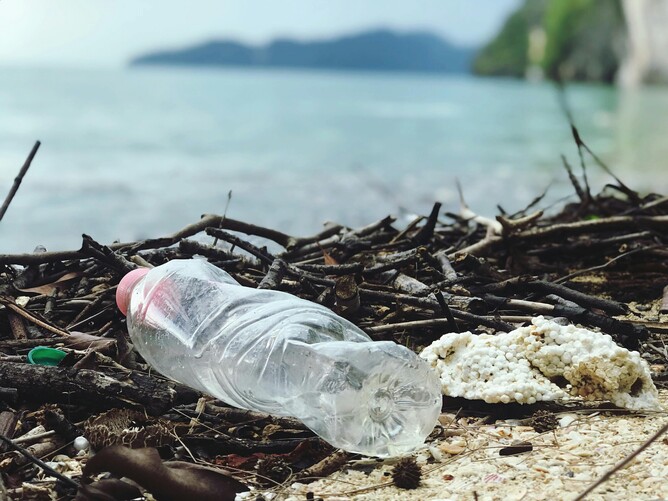Every year on April 22, millions of people around the globe come together to celebrate Earth Day, a day dedicated to environmental protection and sustainability. But what exactly is Earth Day, and why was it created? More importantly, what can we, as individuals, do to contribute to its mission?
The Origins of Earth Day Earth Day was first observed on April 22, 1970, catalyzed by the environmental concerns of the 1960s. Spearheaded by U.S. Senator Gaylord Nelson, the day was established to raise public awareness about environmental issues ranging from pollution to wildlife extinction. The inaugural Earth Day was marked by 20 million Americans—nearly 10% of the U.S. population at the time—taking to the streets, parks, and auditoriums to advocate for a healthy, sustainable environment. This massive grassroots movement led to significant legislative changes, including the creation of the United States Environmental Protection Agency (EPA) and the passage of the Clean Air, Clean Water, and Endangered Species Acts.
Earth Day 2024: Planet vs Plastics The theme of Earth Day this year is "Planet vs. Plastics"; a worthy theme given the harms plastic pollution poses at a macro and micro level. At Little Buddies we have eliminated single use plastics from our products and work flow, and ensure that all plastics used in our food waste collection service are reused to their full potential before being responsibly disposed of.
What You Can Do to Help: Combatting Plastic Pollution
Reduce Plastic Use: Start by minimizing your use of single-use plastics. Opt for reusable bags, bottles, and containers. Avoid products with excessive plastic packaging whenever possible.
Choose Alternatives: Opt for products made from sustainable, non-plastic materials. For example, choose glass, metal, or bamboo alternatives for everyday items like straws, utensils, and storage containers (Extra for experts - avoid "compostables" wherever possible - aim for true reuse if you can)
Recycle Properly: Educate yourself on your local recycling rules to ensure you’re recycling plastics correctly. Not all plastics are recyclable in curbside programs, so it’s crucial to understand what can and cannot be recycled in your area.
Participate in Cleanups: Join community cleanups to help remove plastics from local beaches, parks, and waterways. These events are particularly impactful on Earth Day, bringing attention to the issue of plastic pollution.
Buy in Bulk: Reduce plastic waste by buying bulk items when you can, which decreases the amount of packaging waste produced.
Spread Awareness: Educate friends and family about the impacts of plastic pollution and how they can make a difference. Awareness is a powerful tool in fostering change.
The 2024 Earth Day theme "Planet vs. Plastics" challenges us to examine our plastic use and take proactive steps to reduce our plastic footprint. EarthDay.org is in a mission to reduce plastic usage by 60% before 2040. An ambitious, and worthy goal; one that we support wholeheartedly.
If we all play our part, we contribute to a global effort to tackle one of the most pressing environmental issues of our time—plastic pollution.



